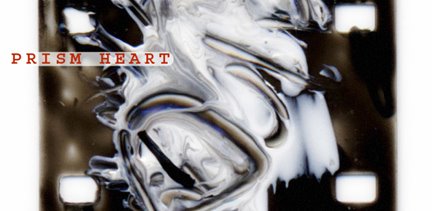It loved like rivers love the sea,
with all it had and endlessly.
A tide that pulled, a wind that sang,
a flame that burned but never rang
the echoes of a love returned,
a hand to hold, a lesson learned.
It stood unguarded, bare and true,
no walls to shade, no veil to skew.
It was the light, the quiet space,
the warmth, the home, the soft embrace.
It met each wound with open hands,
with quiet grace that understands,
the storm of pain, the dark of fears,
and stayed through silent, aching years.
But love—true love—never came.
Not as the rain, nor as a flame,
not as a whisper of a beloved name.
Not as the truth, nor as a flight.
Not as something vast and deep,
or something lustrous to keep.
It thought it had it—once, maybe twice,
a fleeting touch, a careful vice,
a promise made in borrowed breath,
a warmth that faded into death.
Not death of flesh, not death of bone,
but death of hope, left cold, alone.
And now the heart that once could give
without a price, without a sieve,
beats slower, softer, less and less,
each thrum a fading, lost caress.
For what is love, if never known?
A story told, but never shown.
The years move on, the echoes dim,
the hands once reaching, now fall still.
And yet, this love, too vast to hold,
spills out in light, in air, in gold.
It sings to trees, to earth, to sky,
to all that fades, to all that cries.
No longer waiting to be known,
it blooms for life—it loves alone.
x
